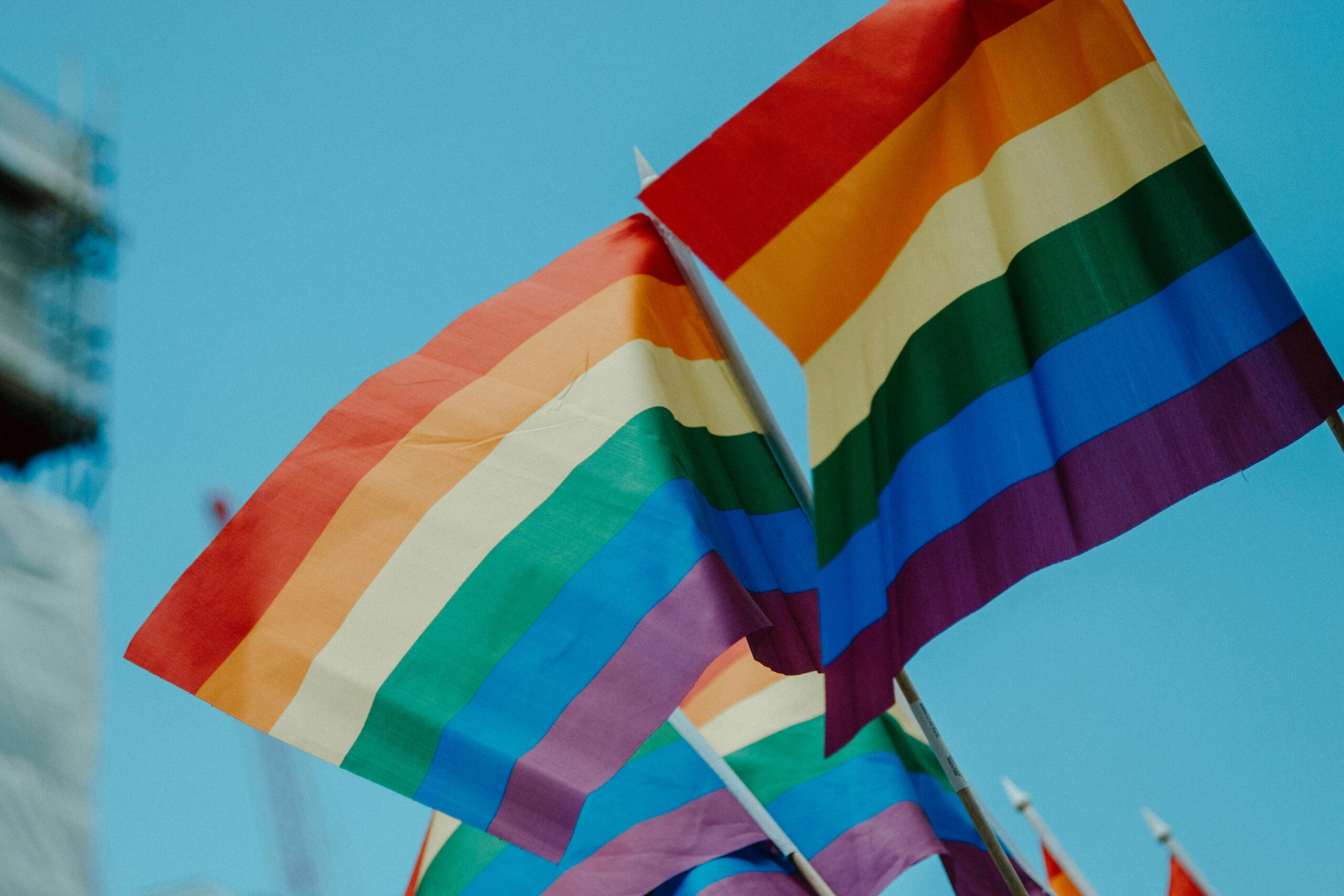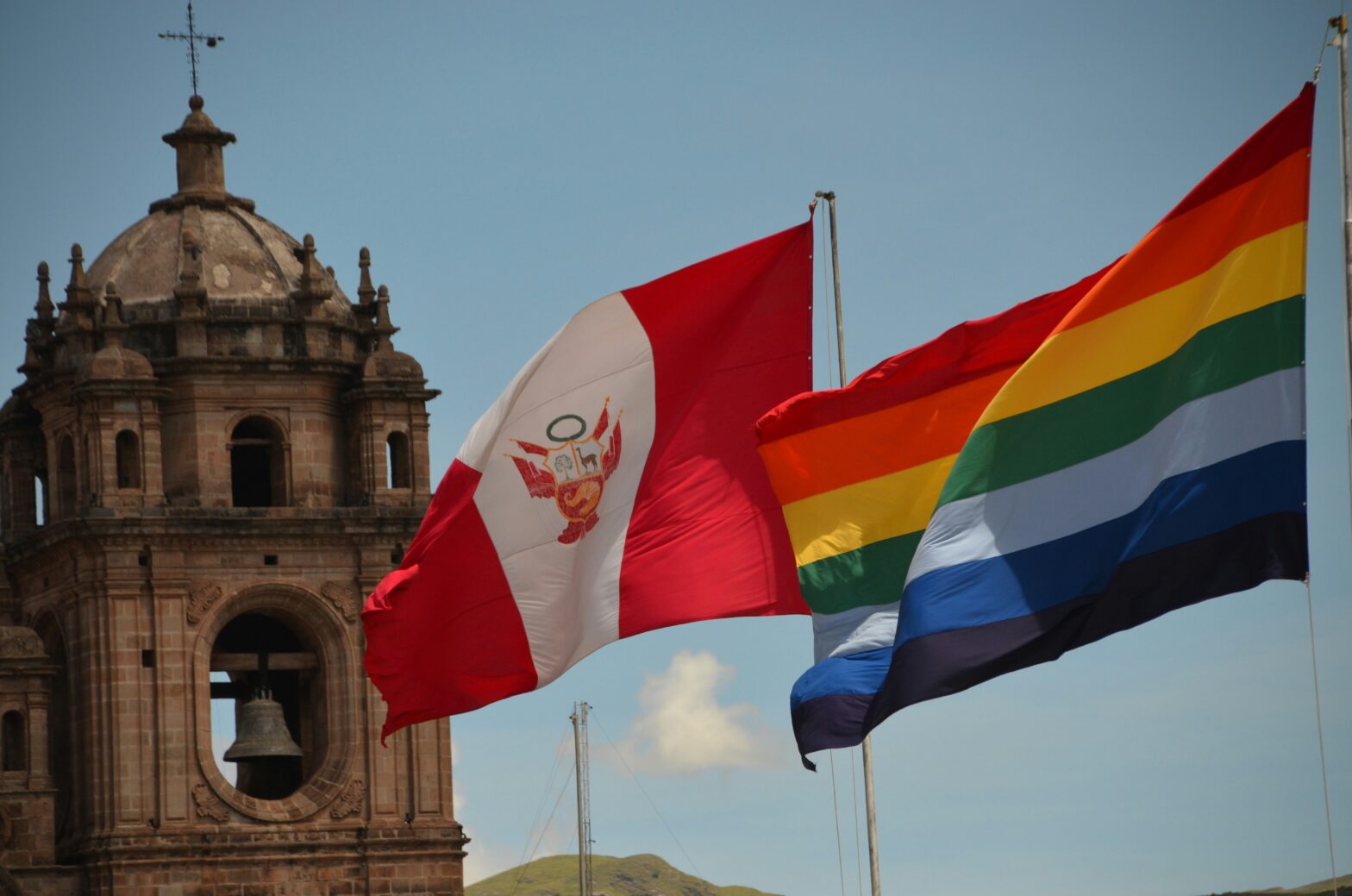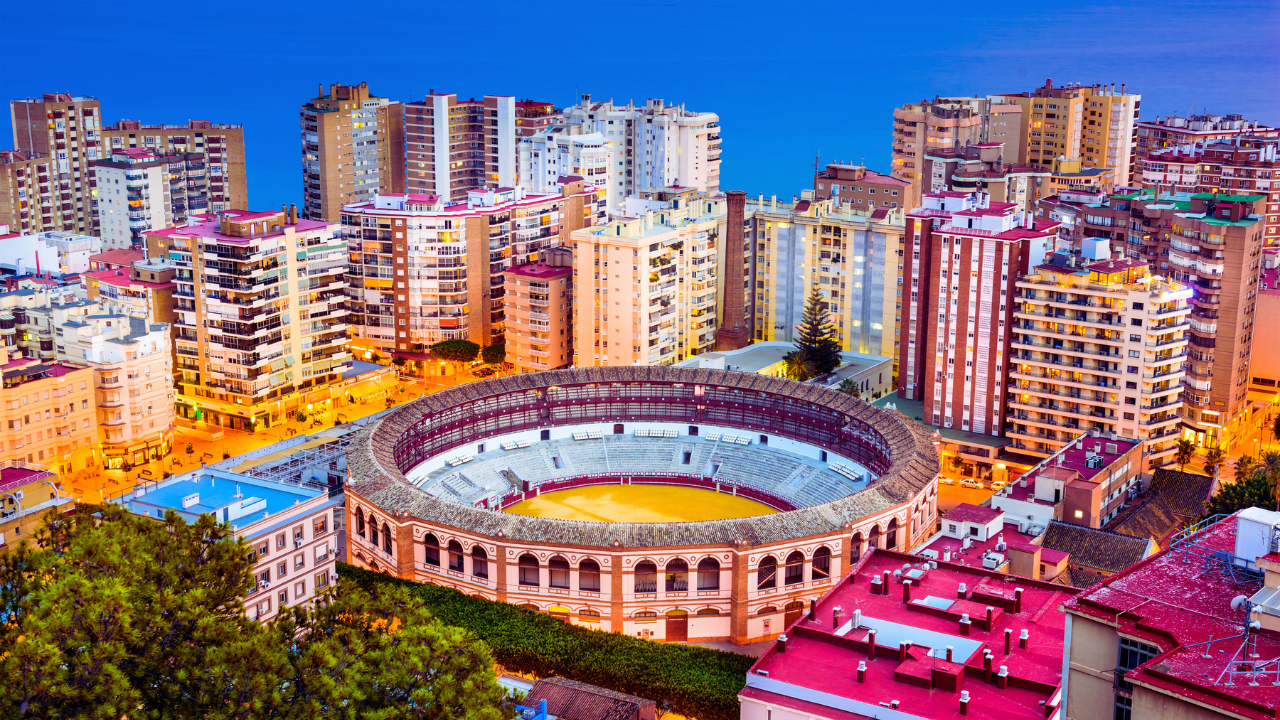The public is outraged by a recent decision made by the Peruvian government. It classifies LGBTQIA+ community members differently and has offended many. News of the decree has disappointed millions and sparked global controversy. The new classification has led to accusations of the government being insensitive, homophobic, and out of touch. Some even see this classification as systemic hate against the LGBTQIA+ community, something that activists tirelessly oppose.
The new decree may impact travelers visiting Peru, especially those who previously viewed Peru as an accepting haven. With International Pride Day approaching, this legal move is seen as a political, social, and cultural attack on the LGBTQIA+ community.
More On Peru Classifying the LGBTQIA+ Community
This new government classification has negatively impacted the LGBTQIA+ community. Peru’s decision to issue the decree has stirred significant discourse among activists. The classification is considered a human rights issue in Peru, so travelers should stay informed about these developments.

The Decree
On May 10, Peruvian government officials issued a supreme decree, updating a list used by the health ministry for insurance purposes. This update, which ostensibly increases the number of conditions covered by mental health services, controversially labels those who identify as transgender as mentally ill. Travelers can see this language in Peru’s Essential Health Insurance Plan (PEAS), which represents the minimum coverage available through public or private insurers.
President Dina Boluarte signed the decree, categorizing “cross-dressing,” “transsexualism,” and “gender identity disorders” as “illnesses” and referring to “ego-dystonic sexual orientation” as a mental health condition. These regressive terms are a significant setback for the LGBTQIA+ community.
Cultural Context
The specific language used in the health insurance plan is highly offensive to the LGBTQIA+ community. Activists and protesters criticize the government for not using widely accepted terms and for labeling gender non-conforming identities as “disorders,” which is both invalidating and distasteful.
Additionally, many argue that the decree was unnecessary, as PEAS already provided universal access to mental health services. The Peruvian government claims that the controversy is a misunderstanding and that the law aimed to ensure more inclusive health coverage without intending to offend the LGBTQIA+ community.
Travel Impact From Peru Classifying the LGBTQIA+ Community
Along with the protests occurring in the capital, travelers should be cautious if they plan to travel to Peru. Some community members in Peru have even experienced prejudice seemingly (and unfortunately) as a result of the current conflict. There have been instances of violence and discrimination against the community. In the eyes of many, the new decree has brought bigotry into law. Travelers within the LGBTQIA+ community should consider their safety first if they consider visiting Peru. Despite the current challenges, global citizens continue to advocate for a safer and more equitable world for the LGBTQIA+ community.





